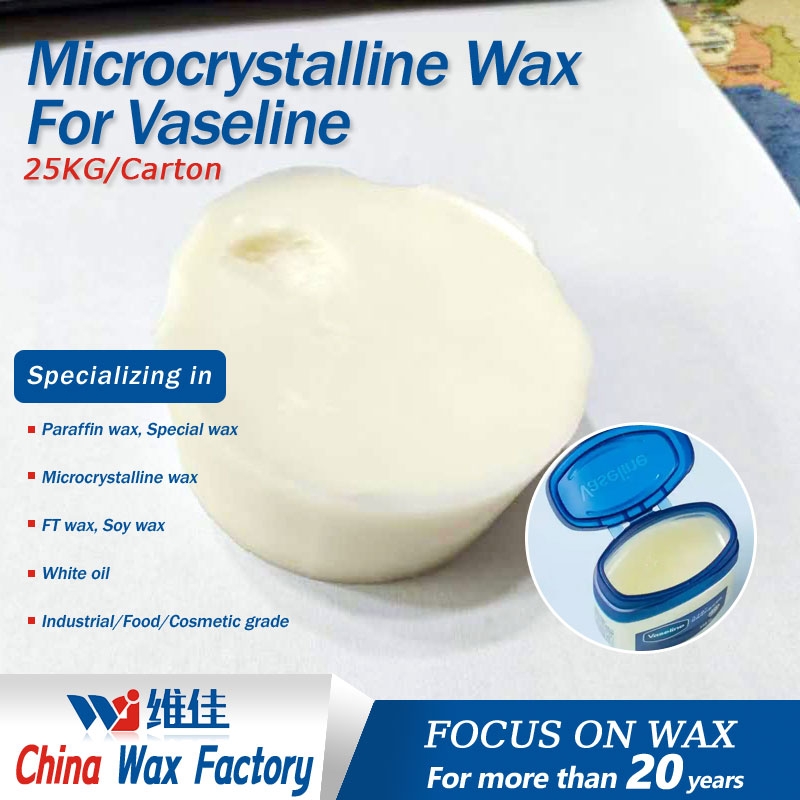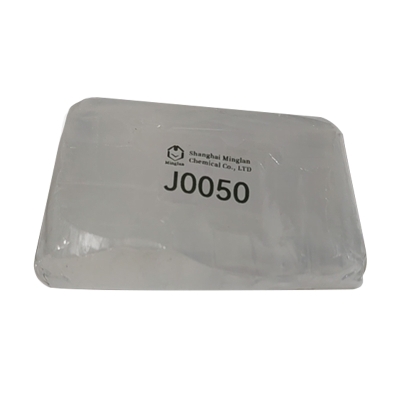-
Categories
-
Pharmaceutical Intermediates
-
Active Pharmaceutical Ingredients
-
Food Additives
- Industrial Coatings
- Agrochemicals
- Dyes and Pigments
- Surfactant
- Flavors and Fragrances
- Chemical Reagents
- Catalyst and Auxiliary
- Natural Products
- Inorganic Chemistry
-
Organic Chemistry
-
Biochemical Engineering
- Analytical Chemistry
-
Cosmetic Ingredient
- Water Treatment Chemical
-
Pharmaceutical Intermediates
Promotion
ECHEMI Mall
Wholesale
Weekly Price
Exhibition
News
-
Trade Service
The Hungarian government said on October 10 that Hungary and Serbia had agreed to build an oil pipeline that would allow Serbia to obtain Russian Urals crude oil
through the "friendship" pipeline.
Hungarian government spokesman Kovacs Zoltan said on social media Twitter: "The new pipeline will allow Serbia to obtain cheaper Ural crude oil
by connecting to the 'friendship' pipeline.
" ”
Kovacs said Serbia's crude oil supply mainly comes from pipelines through Croatia and that "it is unlikely that this will happen in the future given the sanctions that have been imposed (on Russia)
.
"
The European Union last week announced an eighth round of sanctions against Russia, including a price cap
on Russian crude oil exported by sea to third countries.
The Friendship pipeline starts in Samara Oblast in southwestern Russia, runs north via Belarus to Germany and Poland, and south through Ukraine to the Czech Republic, Slovakia and Hungary
.
The southern route of the pipeline has been the main source of
crude oil for refineries in the Czech Republic, Slovakia and Hungary for many years.
Serbia's only oil company is called NIS
.
According to Reuters, Gazprom and Gazprom have joined forces to become the majority shareholders
of NIS.
Earlier this month, Hungary also said it would help Serbia transport gas
if needed.
Hungarian Prime Minister Viktor Orban previously said that Hungary's natural gas reserves can support consumption for 5 to 6 months
.







